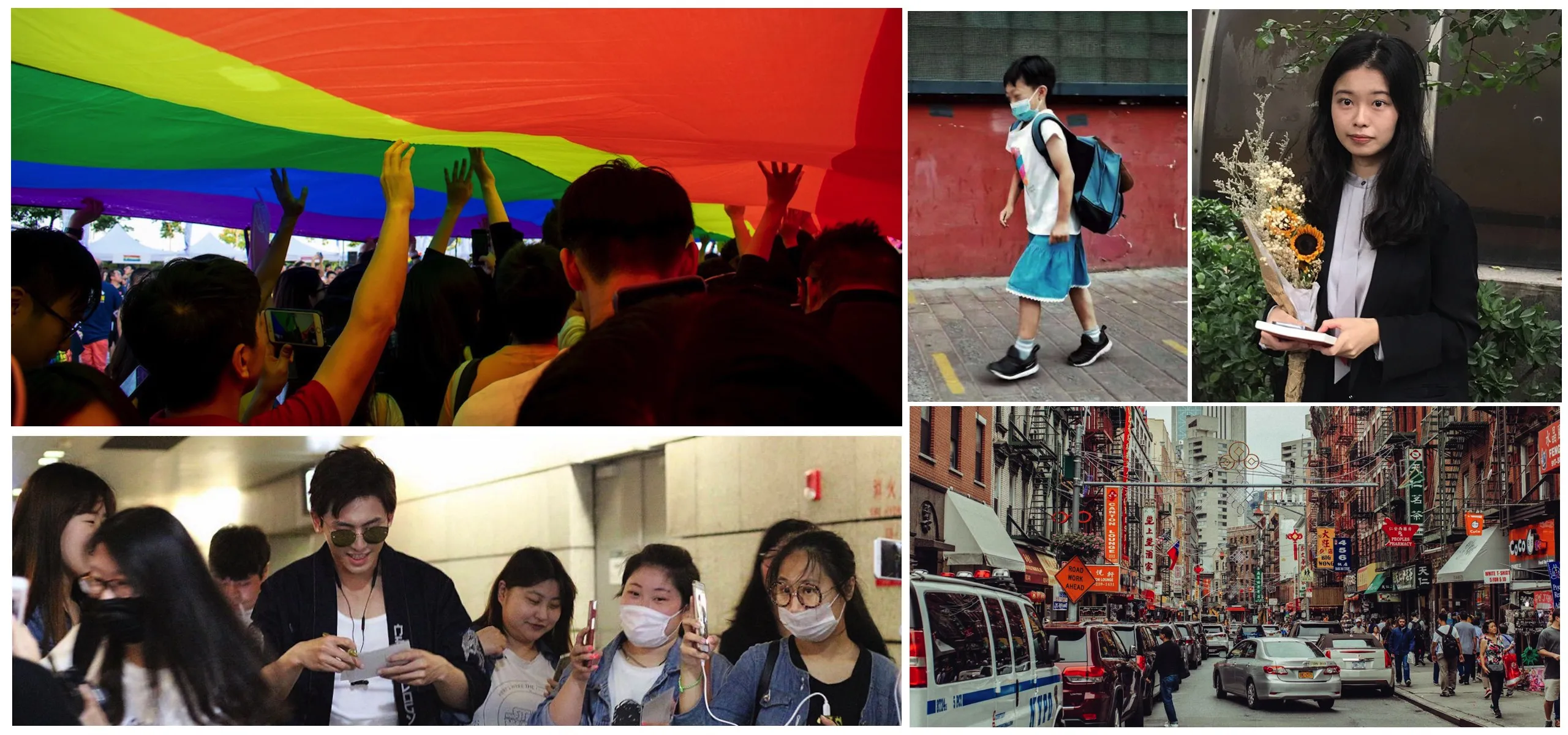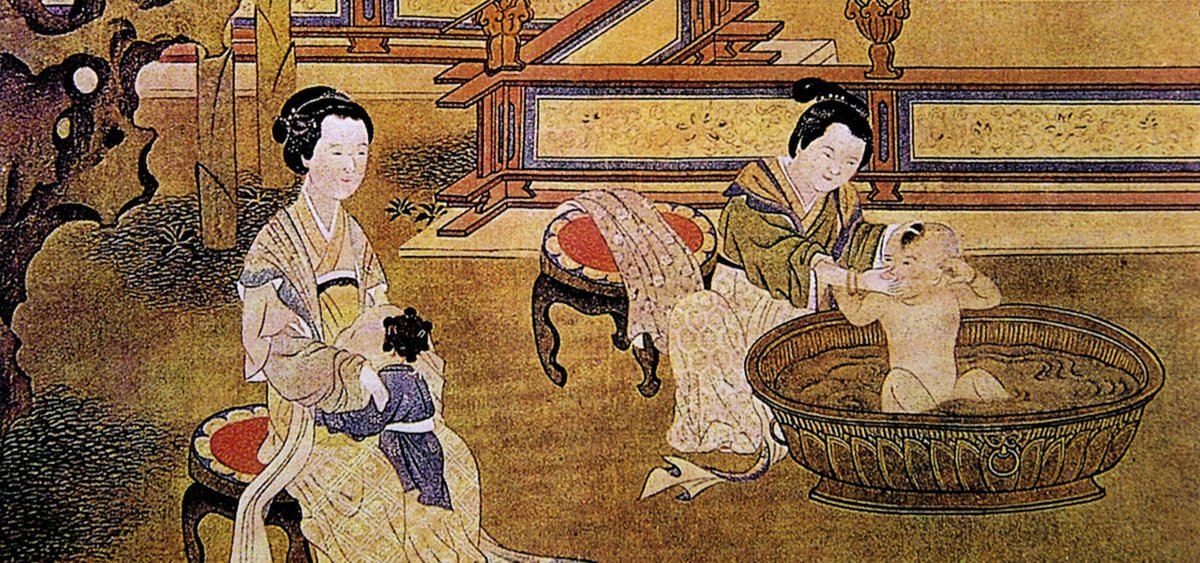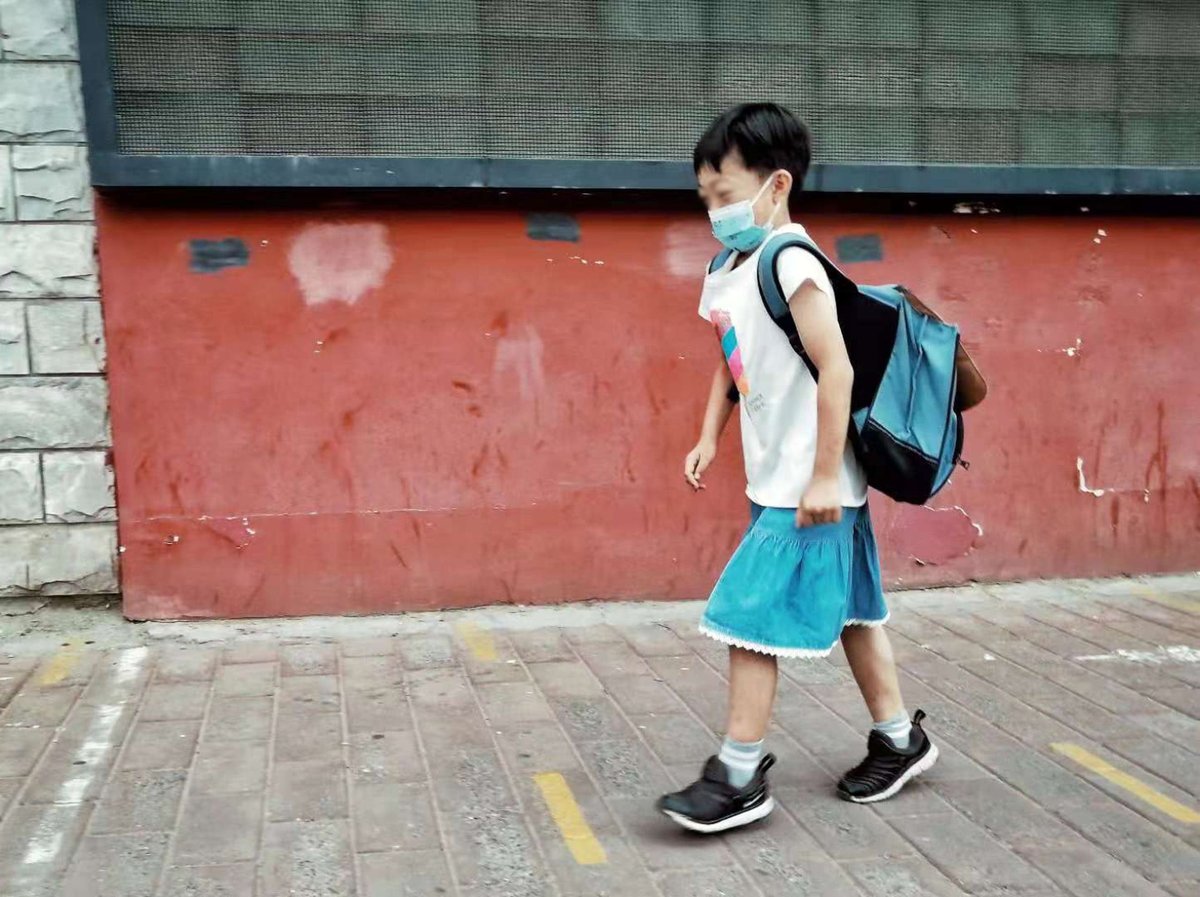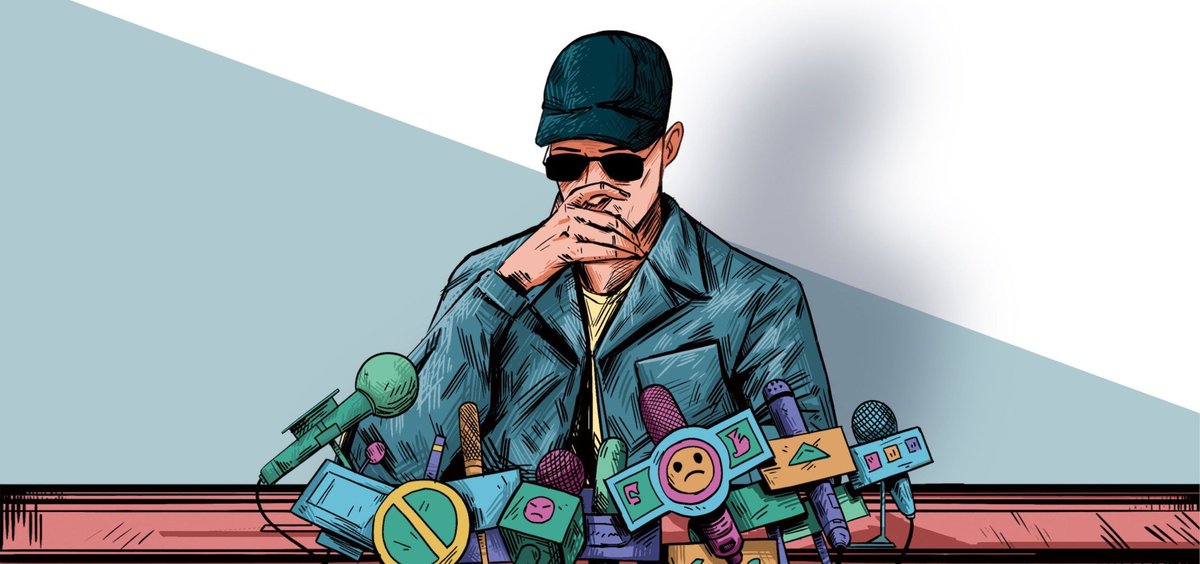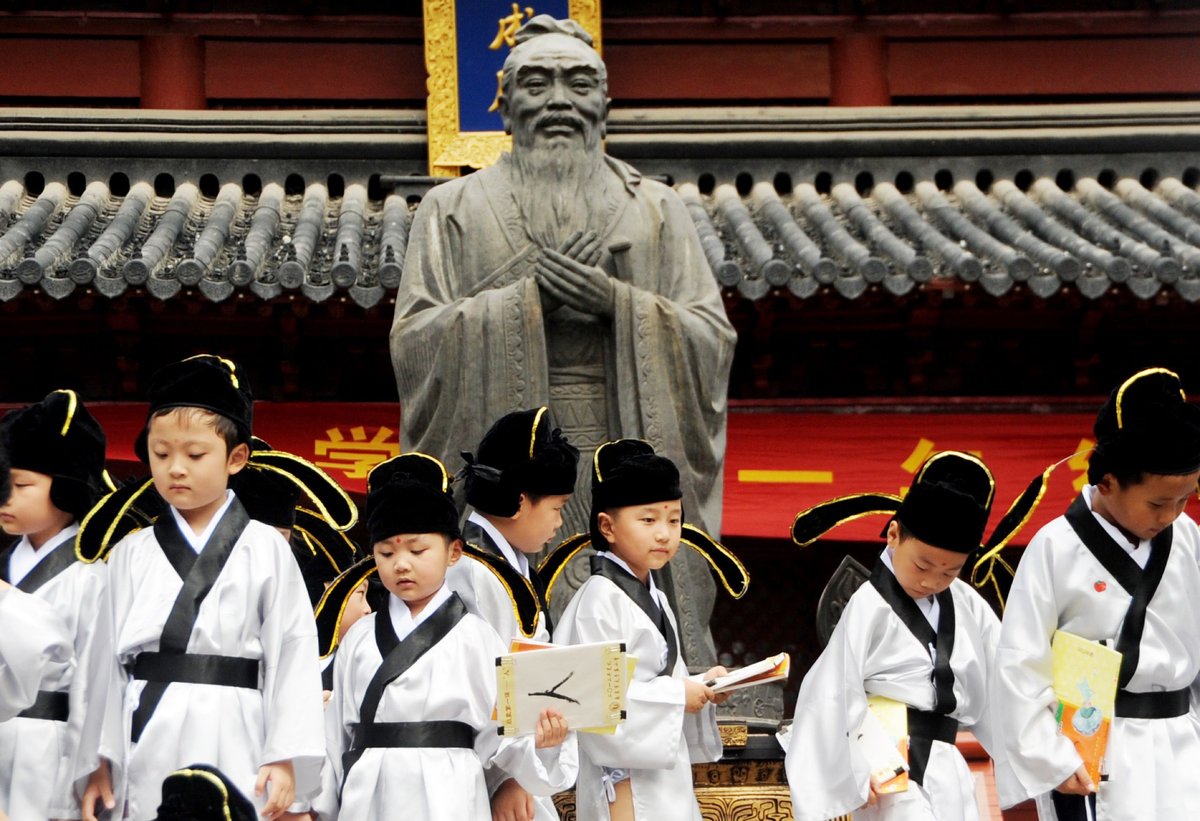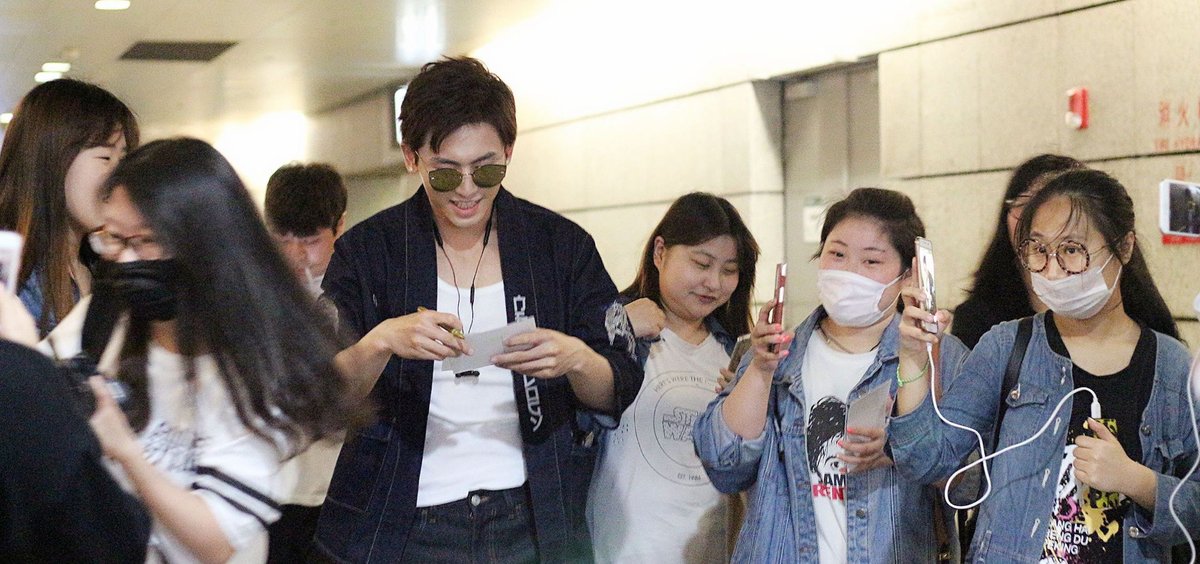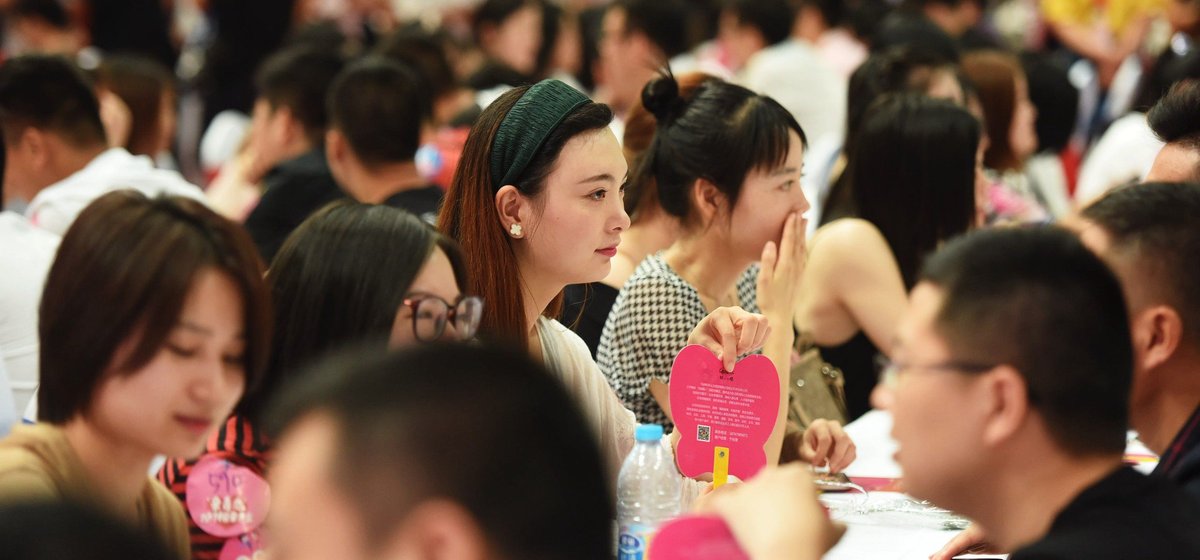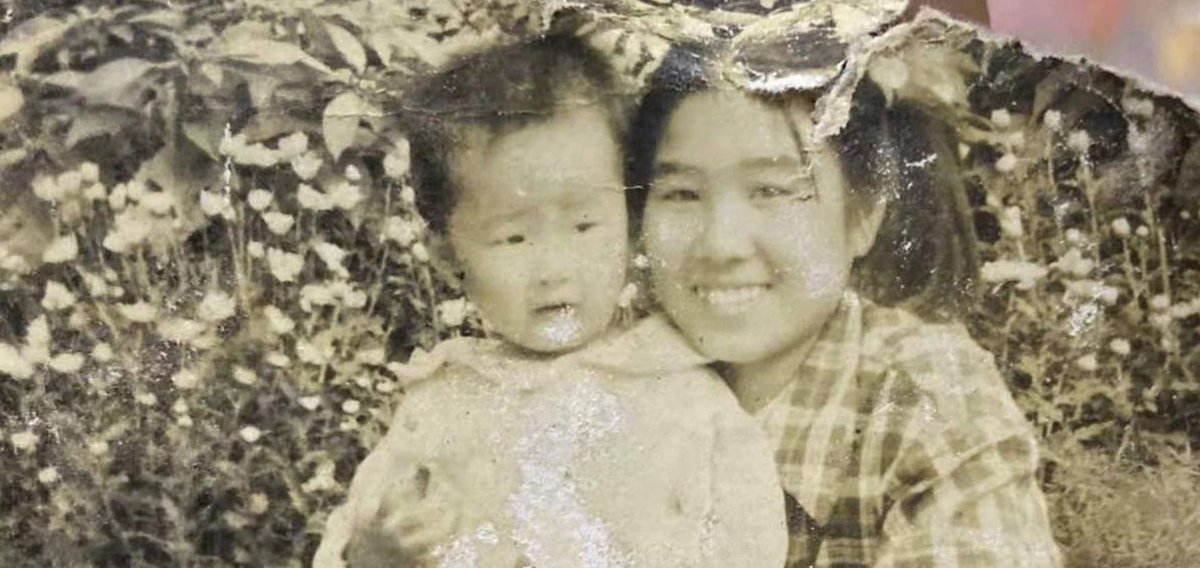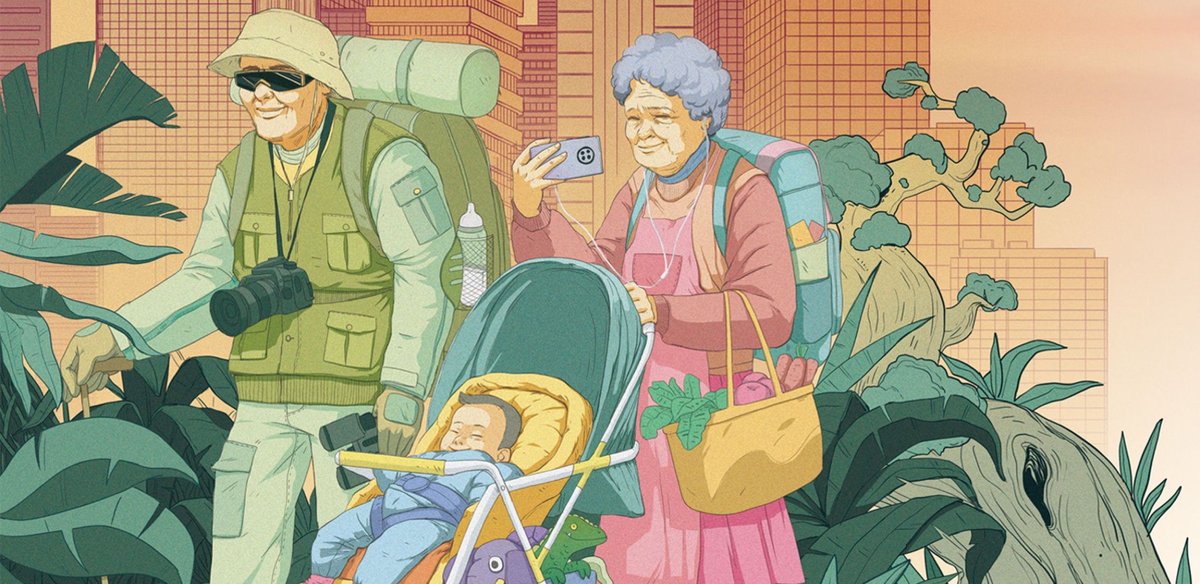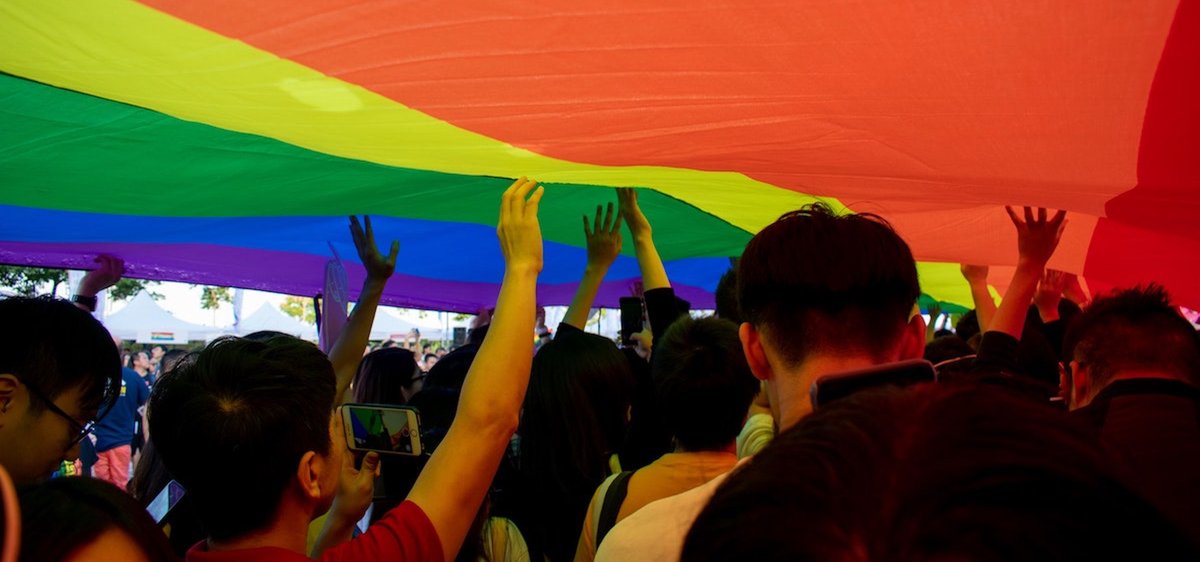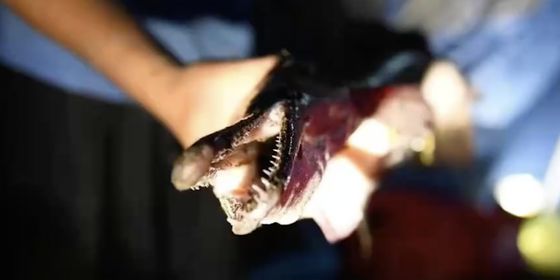What stories did our readers like most this year?
The year 2021 has seen its fair share of celebrities and brands collapsing, viral news, and trending words. Our readers seem to have particularly enjoyed our stories on gender and feminist issues, internet slang, historical trivia, entertainment industry fumbles, and first-person narratives from ordinary Chinese people.
The following are the top-performing TWOC stories of 2021, as reflected by numbers across our website, our WeChat account, and multiple social media channels. Click on the title of each story to revisit it before the year’s end. We wish you a great 2022, and hope to bring you more great stories next year!
How did ancient Chinese people stay clean?
Bathing culture in China can be traced back over 3,000 years to the Shang dynasty (1600 - 1046 BCE). We looked into the creative methods people from several ancient Chinese dynasties used to clean their faces and bodies.
A boy who wore a skirt to school
In July, a primary school boy went viral for wearing a skirt to school, starting a discussion about gender norms and what parents should teach their children about gender identity. In this first-person account, translated from Chinese as part of our collaboration with Story FM podcast, the father of the boy reveals why his family made the choice they did, as well as the reactions from the boy’s teachers, other children, and the general public.
Why do Chinese fans care about celebrities’ morals?
In Hollywood, problematic personal behaviors like infidelity and drug use rarely lead to celebrities getting “cancelled” (and may even boost their popularity), but in China, it’s a different story. Private mistakes can destroy the entire public career of singers and actors, and such cancellations have been widespread this year, from Zheng Shuang’s surrogacy scandal to Song Dongye’s drug charges, supported by not just the government but also the general public. In Issue 3 of our magazine in May, we looked at why Chinese society sets such high moral standards for its stars.
Confucius never says.....
Confucius’s thoughts and opinions are widely referenced today, but there are many quotes the famous philosopher never said, or are often misunderstood. We listed some of Confucius’s most commonly misused and misinterpreted sayings.
Why are Chinese fans calling male celebrities “Wife”?
This year, TV star Zhang Zhehan rose to fame for his role as a swordsman with a gentle soul in the martial-arts drama Word of Honor (before he was cancelled for being unpatriotic...see above). However, instead of addressing the idol by his real name, his fans commonly called him “wife.” This story explores why many male stars have been given female labels as terms of endearment—and what that says about the gender dynamics between celebrity and fan.
“I worked in a Chinese massage parlor in America”
The most read story on our website this year is another collaboration with Story FM. The episode tells the story of Coco, a Chinese immigrant who illegally entered the US in 2015 when she was 21 years old, and ended up in Flushing, a Chinese immigrant enclave in New York, where she worked in a massage parlor. After the Atlanta shooting, Coco recalls the last six years of her life on the podcast and her feelings about her adopted home.
Inside Shanghai's elite speed-dating world
What’s it like to go dating with high-earning, highly educated urbanites who have everything, except love? Translated from Chinese as part of our collaboration with NetEase’s Renjian The Livings, this gripping first-person exposé by an employee of a matchmaking service intrigued our readers despite its daunting 7,000-word length, painting a grim and almost comical portrait of pressures faced by young singles in the city.
“My biggest regret is I chose the wrong husband”
Narratives in the first-person were a hit with our readers this year: Here is another, told to writer Huang Chenkuang of our China Lights series, by a street cleaner who dropped out after just one year of primary school, taught herself to write letters, and raised three children while working a series of low-paid jobs in Beijing—but says she regrets nothing, except her choice of a husband.
How a sexual harassment victim became the face of China’s #MeToo
On September 14, Xianzi, a former intern at state broadcaster CCTV, lost her hearing in a lawsuit against host Zhu Jun for sexual harassment. Our writers visited the courthouse and captured not only Xianzi’s reaction to the court’s decision, but also that of the crowds of supporters demonstrating outside, who explain to TWOC why they keep coming back despite the discouraging verdict, media blackouts on the case, and intimidation by the police and their universities.
Why are Chinese grandparents migrating to the city?
Urban migration is usually associated with low-wage workers and ambitious young millennials, but people over the age of 60 now make up around 7 percent of China’s “floating population” of 240 million. In the cover story of Issue 3 of our print magazine this year, we explored how retirees are moving into the city to care for their grandchildren, and how language barriers, generation gaps, and even the difficulty of accessing health care away from their hometown contributes to the loneliness and family conflicts experienced by China’s migrating elders.
WeChat bans campus LGBT groups
On June 6, the public accounts of over 20 LGBT+ organizations in China’s colleges and universities were shut down by WeChat without warning, leaving students feeling bewildered and betrayed. We explored the students’ reactions to these event, as well as the uneasy relationship that has persisted between Chinese universities and gender minorities over the decades.





